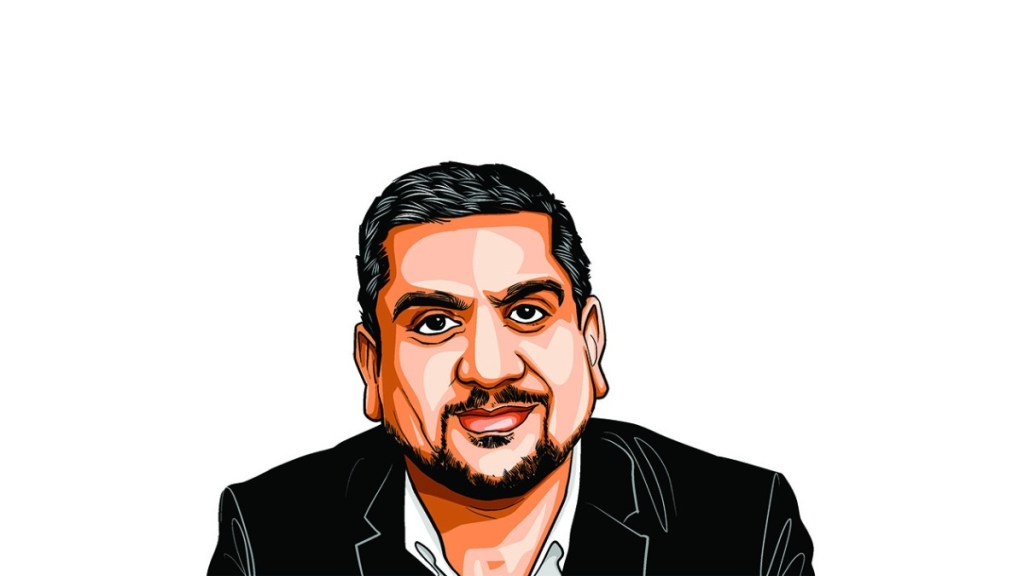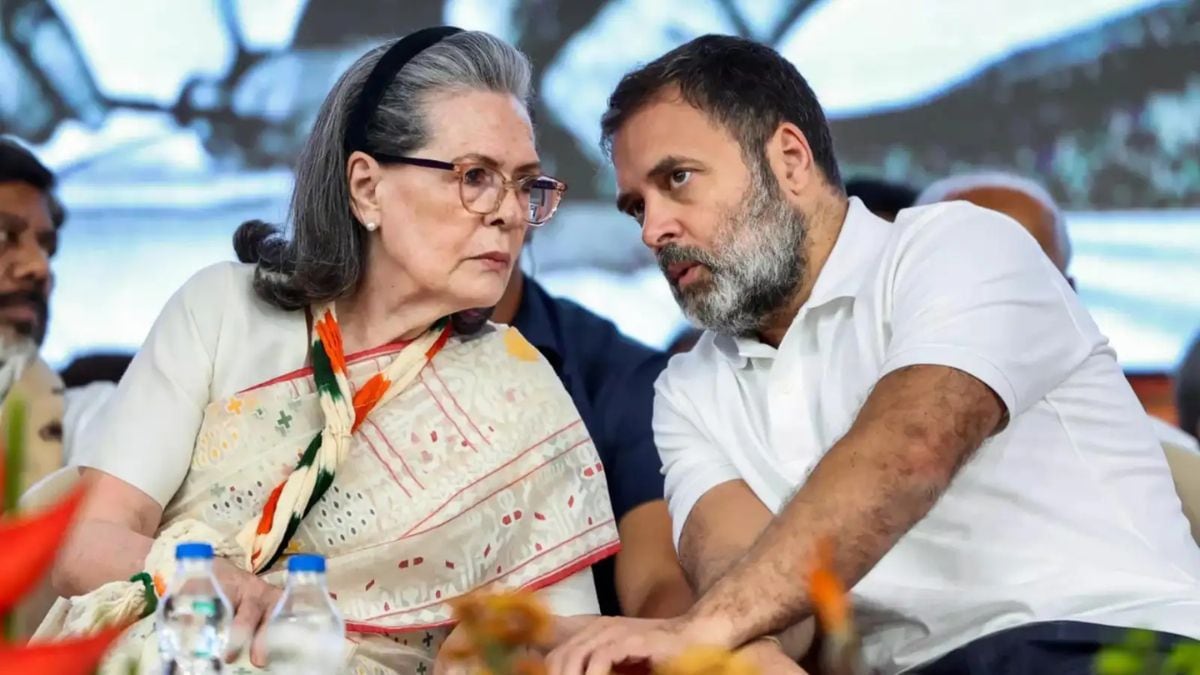By Vikram Thaploo
India’s healthcare system is reaching more people with grand aspirations. But, this expansion isn’t quite seamless yet. Things are still a bit fragmented; patient information is scattered across systems and sometimes, crucial patient details get lost in the mix of all. The solution lies in one unified digital health ecosystem that connects all these dots.
Think of a patient who goes to a general physician in Lucknow, has tests conducted in Kanpur, and visits a specialist in Delhi. While each provider is working independently; they often have little awareness of the other’s activity. But in a connected system, the patient’s medical history, test results, and prescriptions could travel securely with them, instantly accessible to any authorised care provider. That’s the core promise of a unified digital health stack. It brings the right information to the right person at the right time.
India has achieved unprecedented progress in the development of a digitally empowered health ecosystem. Under the Ayushman Bharat Digital Mission, over 73 crore Ayushman Bharat Health Accounts (ABHA IDs) have been generated till January 20, 2025, to allow citizens to safely store and transmit their health data. Besides, over 5 lakh healthcare professionals are registered, indicative of increased faith and participation in digital health platforms.
These numbers show that India’s digital health infrastructure is thriving. Over two lakh AyushmanArogyaMandirs is helping crores of citizens’ in screenings for diseases like cancer, hypertension, and diabetes at the primary level. The government also launched a U-WIN Portal to create a digital vaccination record under the Universal Immunisation Programme. The next step is to establish a unified, interoperable healthtech ecosystem that provides real-time care for every Indian, anywhere and everywhere.
An integrated system enables providers to adhere to standardised formats for records, prescriptions, and reports. Improved accuracy in diagnosis and eliminating variability increases predictability and transparency for patients. A unified system makes it easier for individuals to take charge of their health;tracking their conditions, accessing care remotely, or understanding treatment plans.
Programmes like Unified Health Interface (UHI), which is a digital public good similar to UPI, offers a scalable case study. UHI aims to ‘level the digital’ playing field and enable accessibility of quality digital health services between big hospitals and small clinics by making digital health services interoperable. What we need now is to fast-track adoption, avoid duplicative systems, and have on-the-ground training for our healthcare workers to use digital tools with confidence.
India has shown the world how digital public infrastructure can transform lives—whether through Aadhaar, UPI, or CoWIN. A digital healthtech stack is about creating and sustaining a healthier country; one in which information can flow, care is continuous, and we can improve outcomes for all citizens, everywhere.








